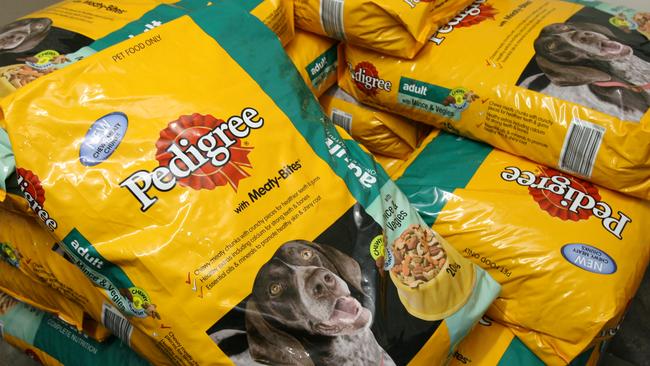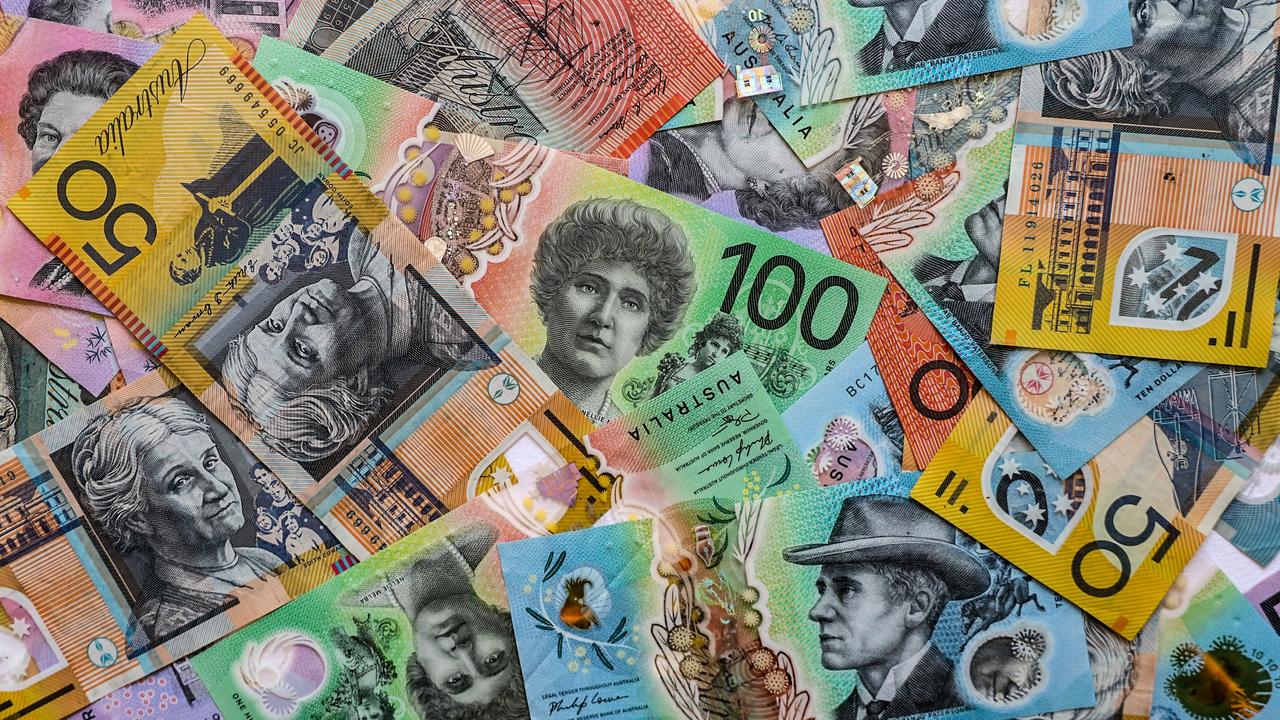Mars Petcare to jack up prices
OWNING a pet is now even more expensive, with the maker of the most popular food brands jacking up prices due to rising energy costs.

OWNING a pet is now even more expensive, with the maker of some of the most popular pet food brands including Whiskas and Pedigree jacking up prices.
Barry O’Sullivan, general manager of Mars Petcare Australia, told The Australian on Monday that the company had been forced to increase prices across its entire range to offset soaring energy costs.
Other Mars Petcare brands include Pal, Advance, Eukanuba, Chum, Dine, MyDog, Royal Canin, Optimum and Schmackos.
Mr O’Sullivan said energy costs for the Australian arm, which employs 750 people at three factories in Wodonga, Bathurst and Wacol, had increased by 10 per cent in the past year. He said lower water and energy usage would partly offset the increase, but about three per cent would be passed on to consumers.
“Ultimately Australian consumers will need to pay a high price for our brands and our products,” Mr O’Sullivan said. “We only ever do that as an option of last resort. But when you are facing those sorts of cost pressures, you are left with no choice.”
It comes after Woolworths chief executive Brad Banducci last month warned consumers would soon be paying more for groceries, describing rising energy costs as like “trying to outrun a bear”.
Richard Goyder, head of rival Wesfarmers, had earlier weighed into the debate, describing energy security amid the debate over renewables as a “serious issue”.
“Utility costs at Coles went up 14 per cent in the last half,” Mr Goyder said in February. “That’s a material cost increase, we are worried about that and we are worried about certainty of supply. So we do think it’s a big deal.”
But he said there was a bright spot to the blackouts wreaking havoc on South Australia. “One of the great things about being a conglomerate is usually we find an upside,” he said. “Bunnings is selling a whole heap of generators in South Australia at the moment.”
Others joining the energy warnings include Costa Group, the nation’s biggest fruit and vegetable producer, grain storage firm Cargill Australia, and dairy producer Fonterra.
Mr O’Sullivan told The Australian the company had taken a “pretty substantial hit in the past 12-18 months”. “In the short-term, any intervention that rebalances the supply-demand equation is important,” he said.
“Looking further out and more strategically, we need a simple clear energy policy that gives confidence to investors to improve supply for the domestic market.’’
According to the RSPCA, Australia has one of the highest rates of pet ownership in the world at about 63 per cent of households, and an estimated 25 million pets. About 39 per cent of households own a dog, and 29 per cent own a cat.




